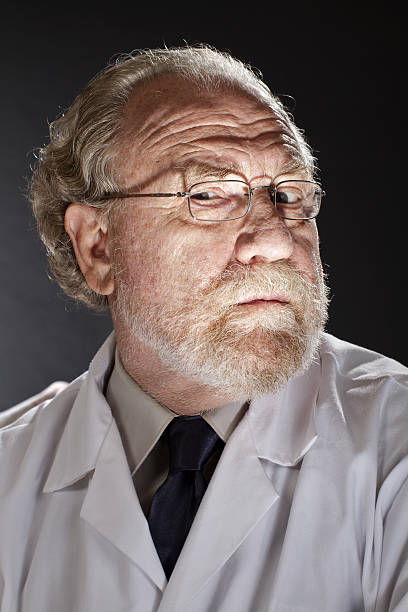
Dear C and Dr. B;
I needed to choose a new doctor, so I asked a friend to recommend someone. She told me she liked Dr. _____, but when I went online to read reviews of this doctor, I was a bit alarmed. Out of 20 comments I found, across multiple review sights, 17 were very, very negative and only three were positive. Should I run away? These reviews don’t sound at all like my friend’s experience. Now I am not sure what to think. Should I get another recommendation?
– Hesitant Harriet
Dr. B says: No need to run, Harriet. You should take all reviews with a grain of salt. First, people don’t often write reviews for good experiences, only the bad ones. This is especially true in a service field. Also, the way the internet works is that items that increase traffic or make money always get preference. Negative reviews generate traffic and invite those reviewed to engage. In addition, if a doctor cared about his ratings, he would just hire a company that created new positive reviews in order to bury the bad ones. If you ever see a doctor with all positive reviews, they have probably hired a service.
Reviews online are like headlines – they can be very misleading. They aren’t real statistics and they don’t give the wider context. As one doctor said, “I have 20 horrible reviews online, this is great. That makes me happy because I have 100,000 clients.”
The internet likes to push controversy, but that does not mean there is an actual controversy. A cartoon in the political satire journal, The Onion, illustrates this perfectly: A doctor checks his Yelp ratings and sees they are down so he says to himself, “My reviews are down, I have to prescribe more Adderall today!” You just have to see for yourself whether the ratings you saw have any relevance. If you have a good experience, you might want to write a positive review.
C says: Having written many positive reviews myself, I can’t agree that people only write when they have a bad experience. However, I will agree that sometimes reviewers get it wrong, and some reviews are simply a matter of differing taste. For instance, I loved the film, The Cable Guy, for the same reason that most critics and fans hated it – it just wasn’t what they expected.
Some products and services that get rave reviews turn out to be duds. I do know that there are companies that will pay consumers to write positive reviews online to boost sales. It does seem that a company would be far more likely to pay people to promote their services than to trash their competitors. But that is why, if you want a rating you can trust, it pays to consult a source such as Consumer Reports, which uses credible critics with experience in their field, rather than comments from consumers.
Unfortunately, doctors are not products and can’t be subjected to controlled testing the same way cars and oven cleaners can. When it comes to physician reviews, I would caution you to read the comments carefully. Some patients just like to bitch – they can go into an office in a bad mood, get a prognosis they don’t like, then decide to blame the doctor. Some people demand inappropriate treatments or drugs and get mad when a doctor won’t prescribe them. I even know a woman who fired her doctor because he told her to lose weight and she felt insulted. That’s the kind of crap you can ignore. But if the doctor was incompetent or caused the patient unnecessary suffering, I’d take those comments more seriously.
In these days of social media and reality shows, people are capable of causing a lot of damage with their words. This is a power that can be misused more often than not. If you have doubts, ask questions. Being your own advocate is always your best protection.
You can visit Dr. B’s blog at drbrilliantcliche.wordpress.com


